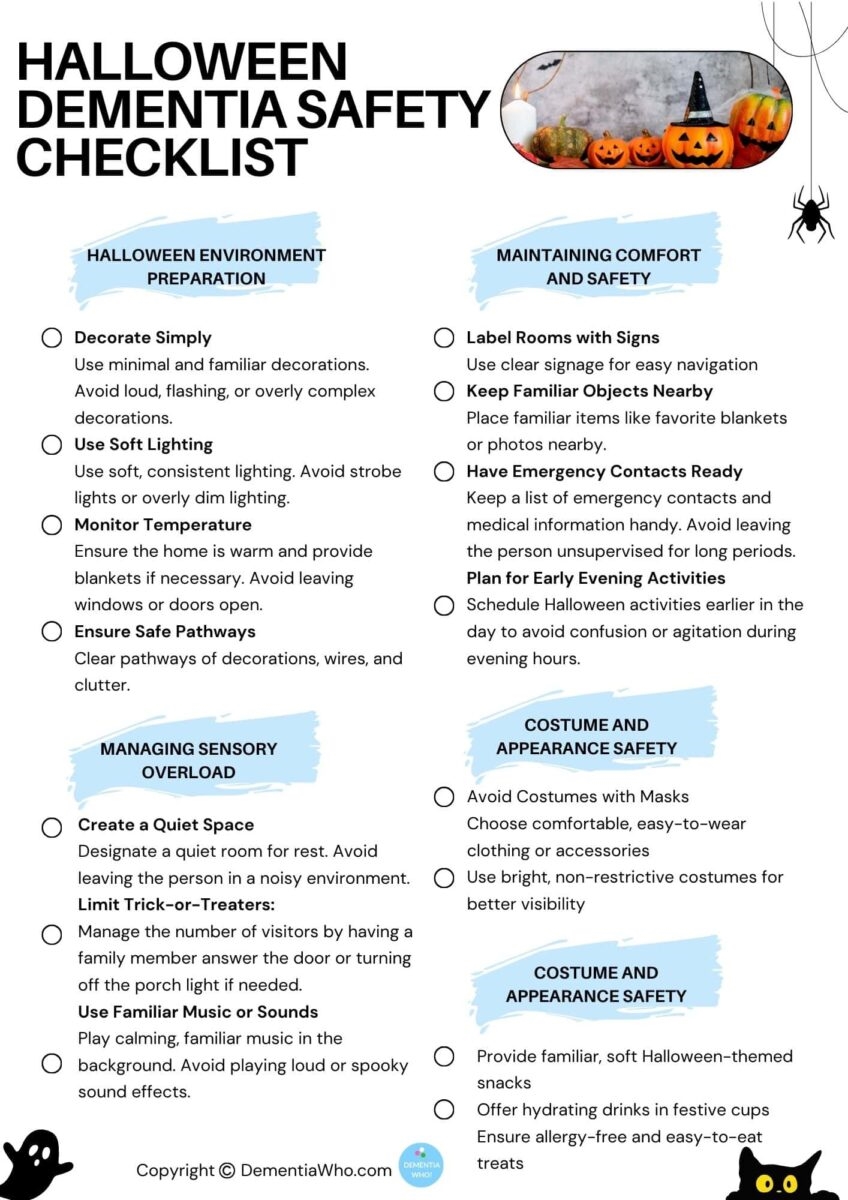Emergency Contact Numbers and Safety Tips for Visitors
Traveling to a new place can be an exciting adventure, but it’s important to be prepared for unexpected situations. Knowing the right emergency contact numbers and safety tips can make a significant difference in ensuring your safety and peace of mind. This guide provides essential information for visitors to help them navigate emergencies effectively.
Essential Emergency Contact Numbers
When traveling, it’s crucial to have a list of emergency contact numbers readily available. These numbers can vary depending on the country or region you are visiting, so it’s wise to research and note them down before your trip. Here are some general emergency numbers that are commonly used worldwide:
- Emergency Services (Police, Fire, Ambulance): In many countries, dialing 112 or 911 will connect you to emergency services. However, it’s important to verify the specific number for the country you are visiting.
- Local Embassy or Consulate: In case of a serious emergency, such as losing your passport or needing legal assistance, contacting your country’s embassy or consulate can be invaluable. They can provide guidance and support in navigating local laws and procedures.
- Local Hospital or Medical Services: Knowing the contact information for the nearest hospital or medical facility can be crucial in case of a health emergency. It’s also helpful to have the contact details of a local doctor or clinic that speaks your language.
Safety Tips for Travelers
Staying safe while traveling involves a combination of preparation, awareness, and common sense. Here are some practical safety tips to keep in mind:
- Stay Informed: Before you travel, research the safety situation in your destination. Check travel advisories from your government and stay updated on local news. Understanding the local culture and customs can also help you avoid misunderstandings and stay respectful.
- Secure Your Belongings: Keep your valuables, such as passports, money, and electronics, secure at all times. Use a money belt or a secure bag, and avoid displaying expensive items in public. Be cautious in crowded areas where pickpocketing is more common.
- Plan Your Transportation: Use reputable transportation services, such as registered taxis or rideshare apps, to ensure your safety. If you’re renting a car, familiarize yourself with local driving laws and road conditions. Always wear a seatbelt and avoid traveling alone at night in unfamiliar areas.
What to Do in an Emergency
Despite taking precautions, emergencies can still happen. Knowing how to respond can help you stay calm and make informed decisions:
- Stay Calm and Assess the Situation: In any emergency, staying calm is crucial. Take a moment to assess the situation and determine the best course of action. If you’re in a public place, look for emergency exits or personnel who can assist you.
- Contact the Appropriate Authorities: Use the emergency contact numbers you’ve prepared to reach out to the appropriate authorities. Provide them with clear and concise information about your situation, including your location and any immediate dangers.
- Follow Local Instructions: In the event of a natural disaster or civil unrest, follow the instructions of local authorities. They are best equipped to guide you to safety and provide necessary resources. Stay informed through local news and official channels.
